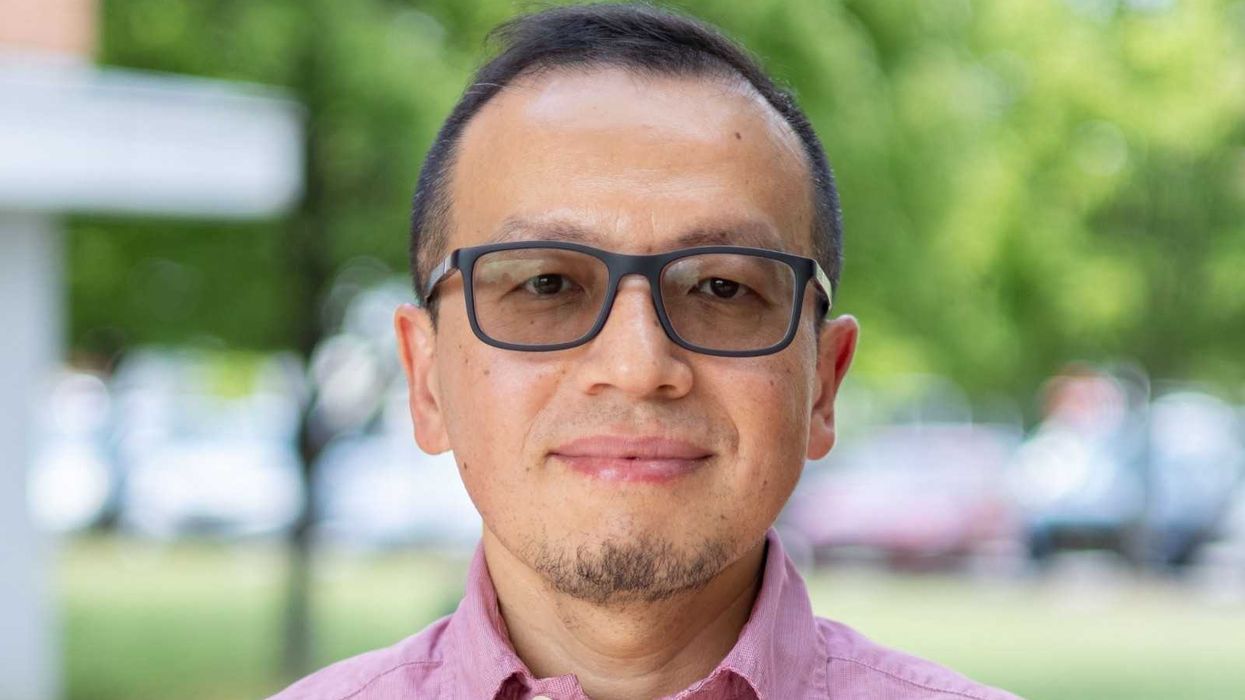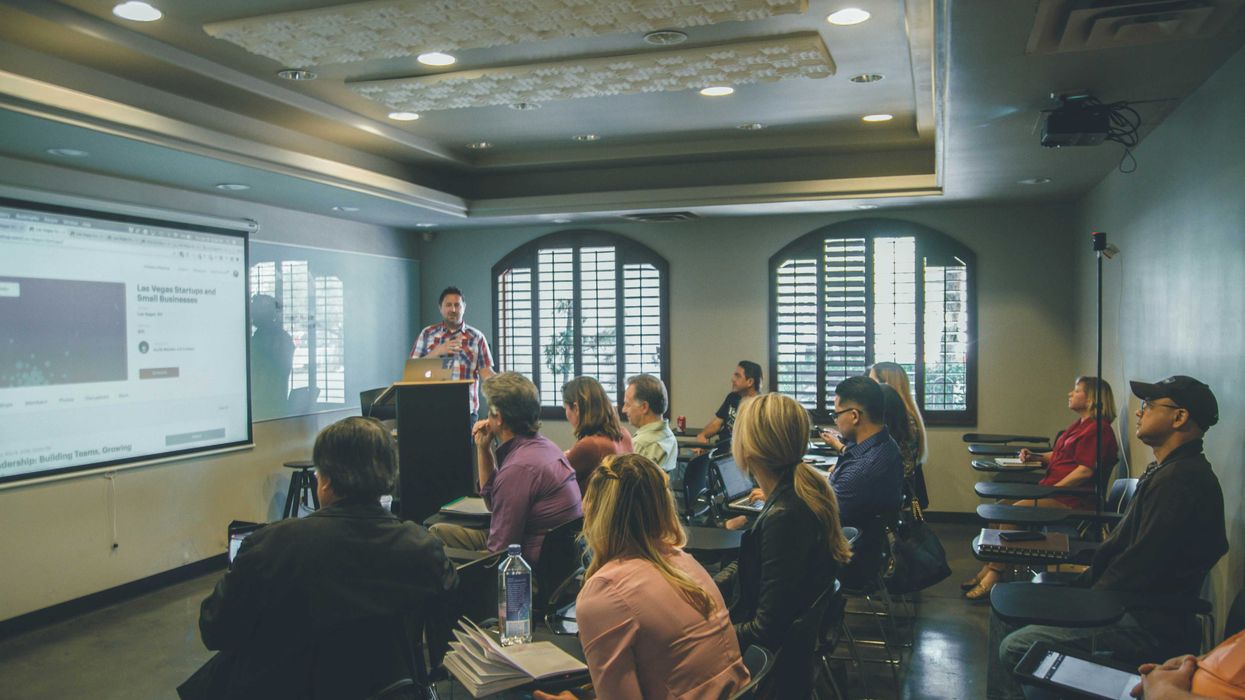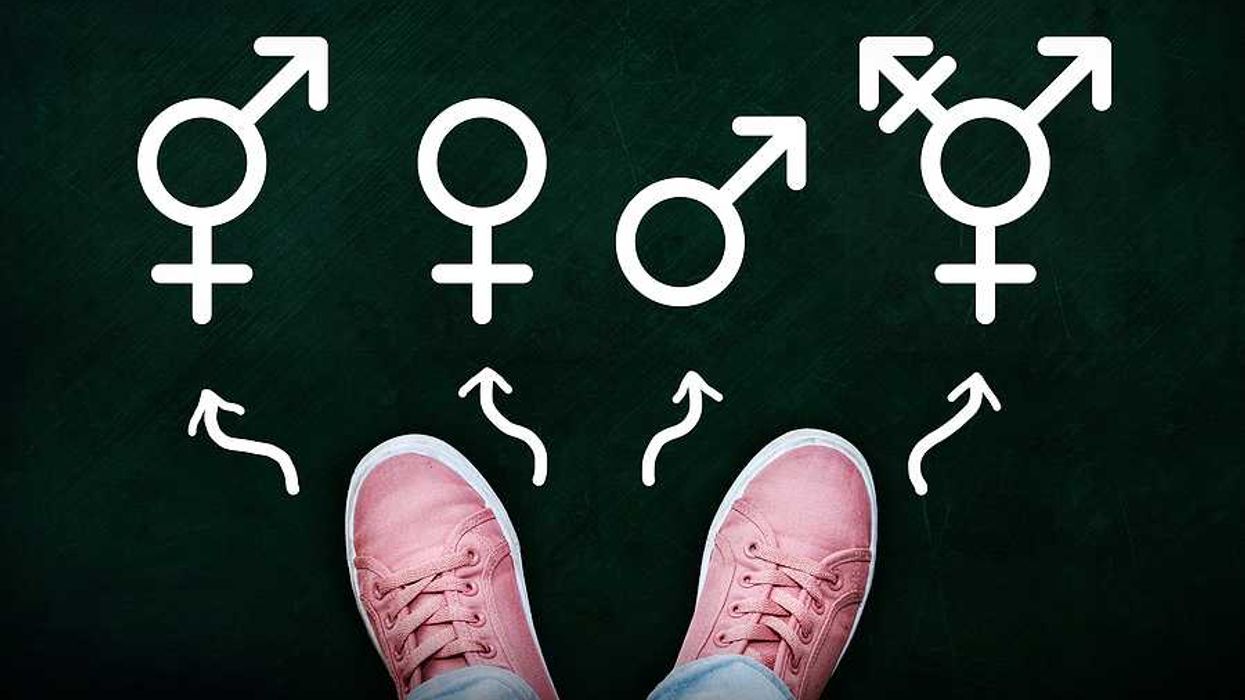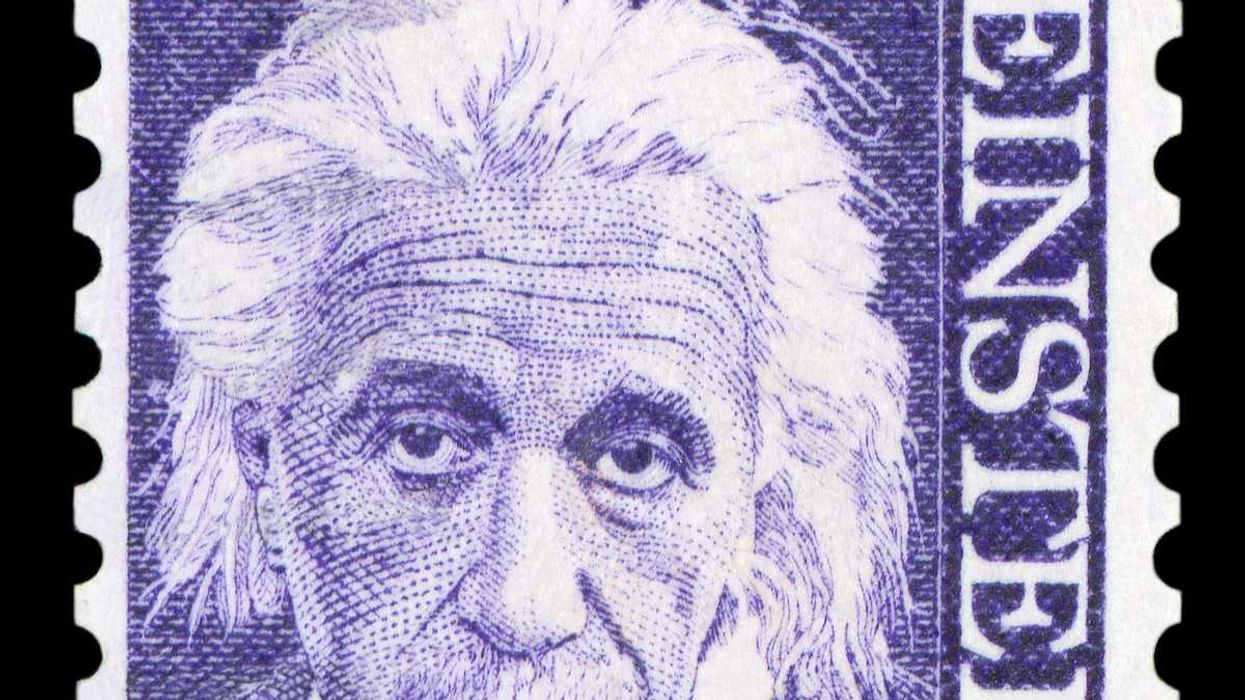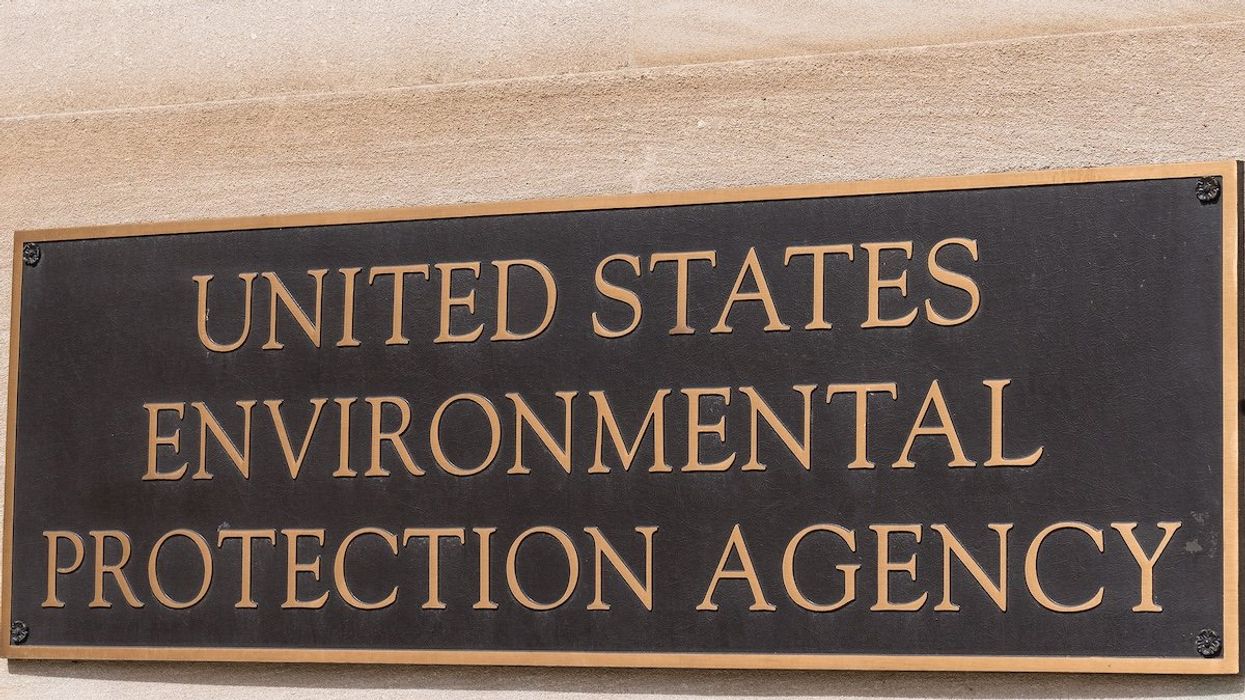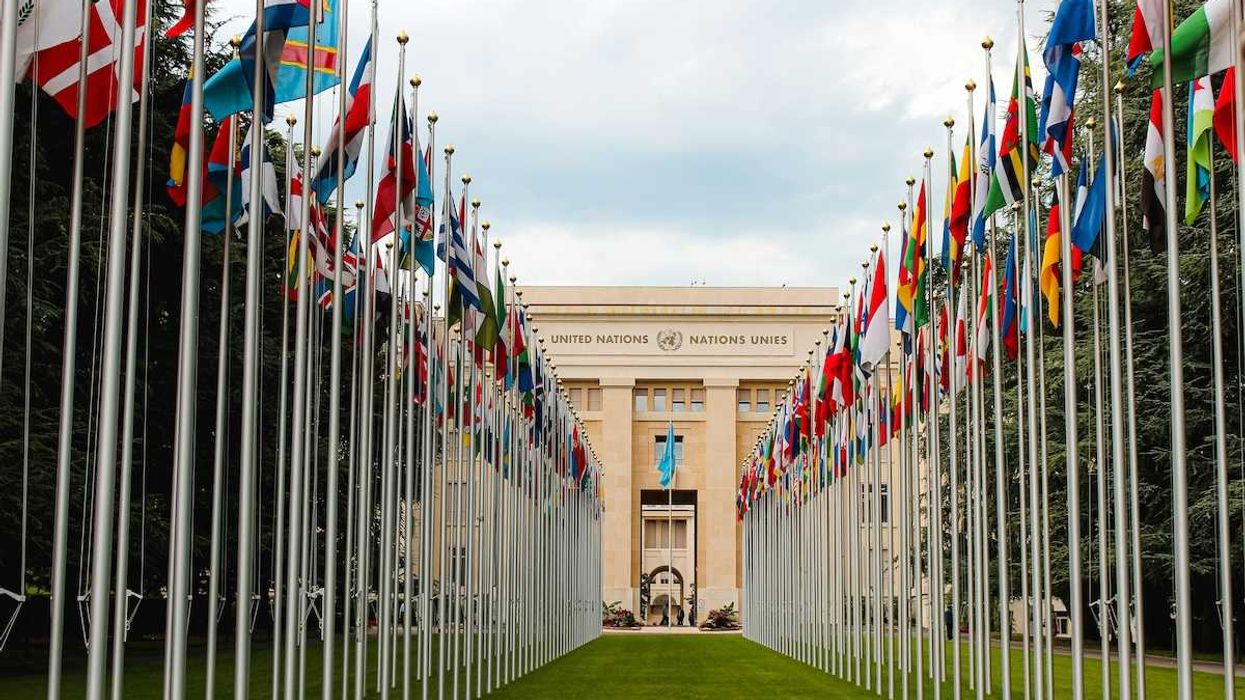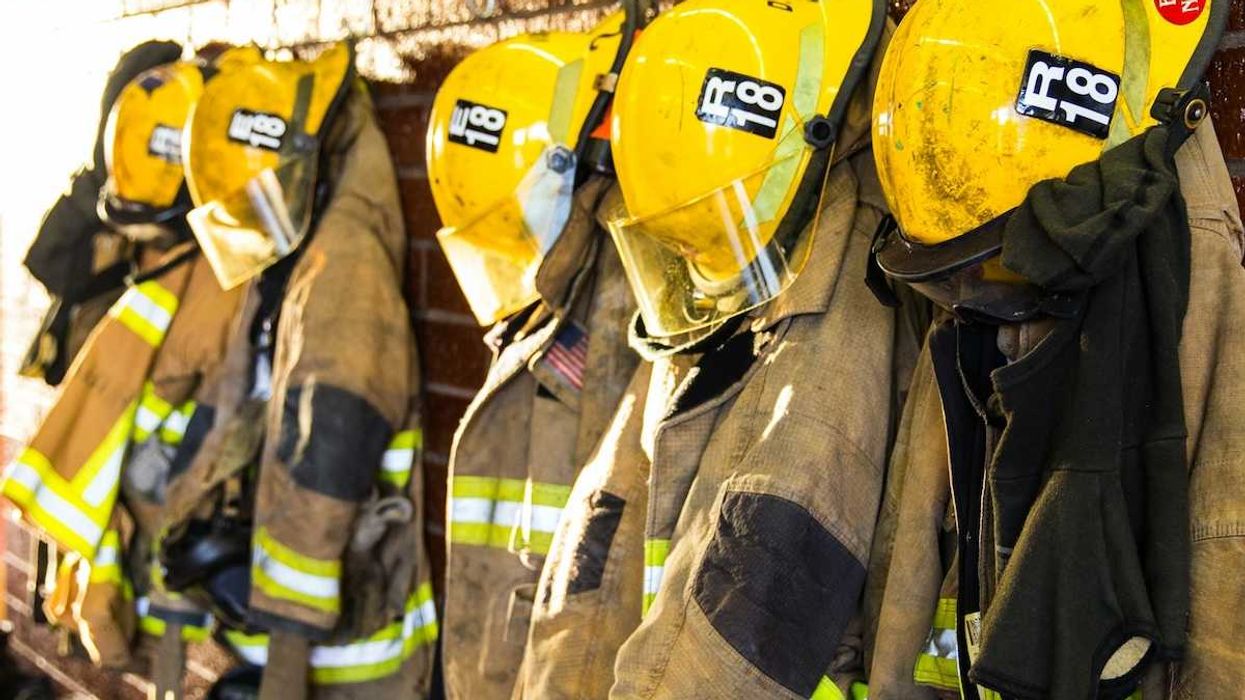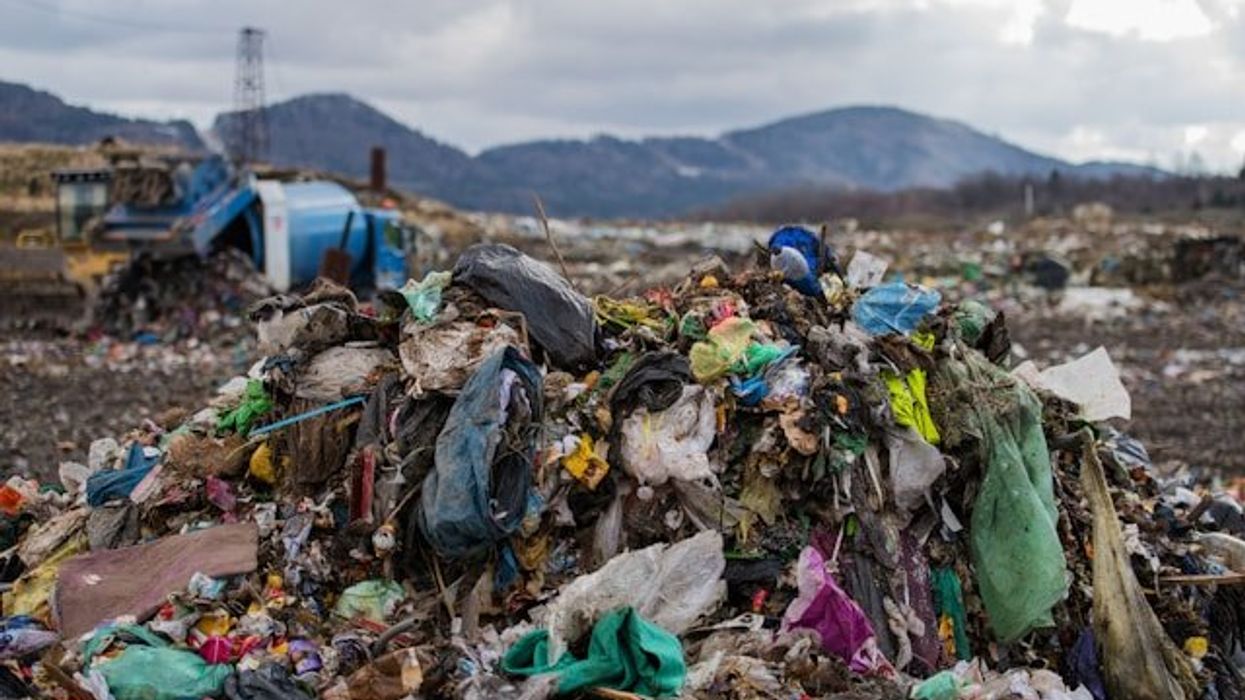Robert F. Kennedy Jr, the U.S. Secretary of Health and Human Services, has assumed direct control over the Centers for Disease Control and Prevention (CDC) amid a leadership gap.
Melody Schreiber reports for The Guardian.
In short:
- The CDC currently has no confirmed or acting director, giving RFK Jr unilateral authority over vaccine policy decisions, including approval and rejection of recommendations — potentially without taking into consideration expert guidance.
- Kennedy recently replaced 17 independent vaccine advisers with less experienced individuals, some with anti-vaccine backgrounds, and has modified guidance on Covid and flu vaccines.
- Legal experts warn that decisions made by unappointed or unqualified staff at the CDC could be challenged in court due to federal rules governing vacancies.
Key quote:
“It is concerning that the power vacuum leaves open his ability to make these decisions that are inconsistent with scientific consensus.”
— Renée Landers, professor and director of the health law program at Suffolk University Law School
Why this matters:
This goes beyond vaccines. Leadership gaps at federal public health agencies can destabilize longstanding safeguards on science-based policy. The CDC plays a central role in shaping the nation’s health guidance, including vaccine schedules, infectious disease response, and environmental health issues. When that leadership is unclear or politicized, trust in public health erodes. The sidelining of qualified experts and advisers, especially during an era of resurgent vaccine misinformation, could endanger efforts to protect vulnerable populations. Legal ambiguity around decision-making authority could also stall public health initiatives and open the door to court challenges that delay implementation of essential health measures.
Read more: HHS will investigate causes of autism despite discredited vaccine theories


